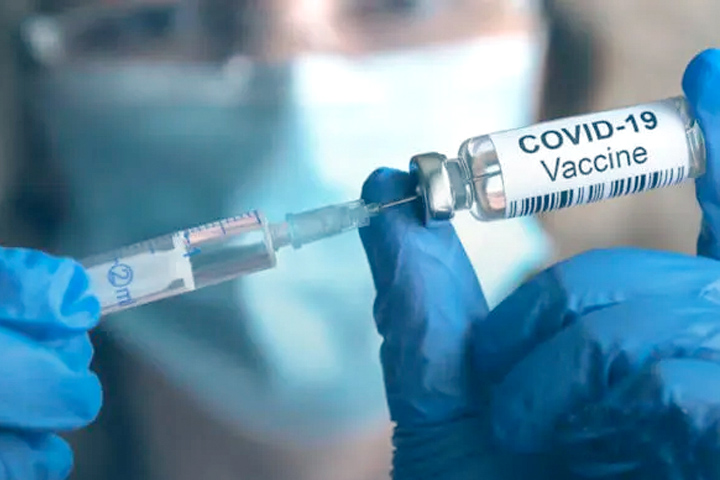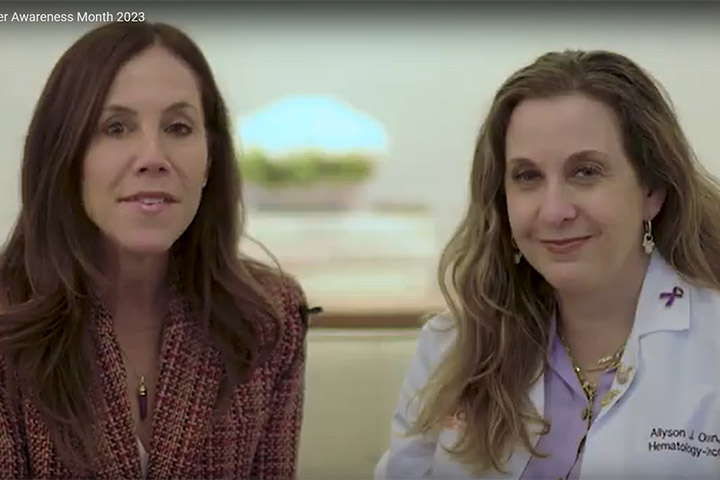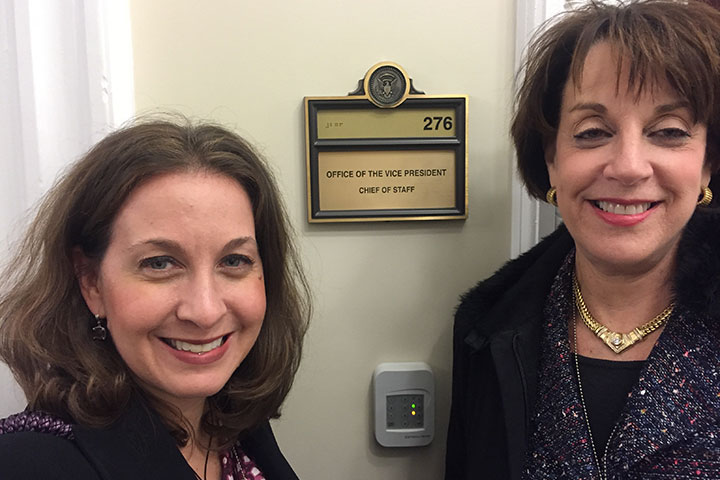Should Cancer Patients Get the COVID-19 Vaccine? Yes!

Although the COVID-19 vaccine rollout got off to a rocky start earlier this year, vaccination is picking up steam.
Increased production and better logistics are getting the potentially life-saving shot into the arms of more people. The United States is a still a long way off from so-called herd immunity, that point in time when a large enough portion of a community is immune to a virus so that the virus can no longer spread easily from person to person. But there are signs of hope that life will return to some degree of normalcy sooner rather than later.
That, of course, depends on many factors, including the public’s willingness to follow CDC recommendations on what fully vaccinated people should and should not do in terms of mingling with each other as well as those that are not vaccinated. Current interim CDC guidelines stress the need to continue to social distance, to wash hands, and to wear masks when out in public, even if you have been vaccinated. Despite these guidelines, some states are loosening restrictions.
Get Your Vaccine Now
What has been clear since the beginning of the pandemic is that there are groups of vulnerable people who are most at risk for severe disease, hospitalization, and death. Among those groups are the immunocompromised, including cancer patients.
If you are currently in treatment, or love someone who is, COVID-19 remains a threat. The message from experts is clear: Get a vaccine.
Julie Gralow, M.D., the Chief Medical Officer and Executive Vice President of the American Society of Clinical Oncology (ASCO) wrote about this issue at length in the ASCO Cancer.Net blog post “Answers to Your Questions About the COVID-19 Vaccine.” She said, “people with cancer are at high risk of complications from COVID-19.” Exactly how well the vaccine works in people with cancer and a weakened immune system is not currently known. But, “there is no reason to believe that the COVID-19 vaccines are not safe for people with cancer . . . and the vaccines do not pose a safety threat. . . .” Those with cancer, however, may have less of an immune response than healthy individuals.
Although studies are ongoing as to the best time for those currently undergoing treatment to get a vaccine so it is most effective, there are indeed some treatments, including the big three of chemotherapy, immunotherapy, or radiation therapy, that could potentially make the vaccine less effective, she adds. That’s why your doctor, with whom you should be discussing your vaccine concerns, may recommend getting your shot between or after treatments, since treatments should not be interrupted.
Another informative article in a question-and-answer format from the National Cancer Institute is with Steven Pergam, M.D., M.P.H., of the Vaccine and Infectious Disease Division at the Fred Hutchinson Cancer Research Center in Seattle. Pergam was a co-leader of a committee formed by the National Comprehensive Cancer Network (NCCN) that recently released recommendations on COVID-19 vaccination in cancer patients.
The American Cancer Society also has a robust question-and-answer article titled “COVID-19 Vaccines in People with Cancer.”
If you have any hesitancy about getting the vaccine or are concerned with timing, the Let’s Win team encourages you to speak directly with your medical team about your specific circumstances. Everyone’s situation is different, and although there are still some unknowns about the vaccines, your medical team will be able to best help you.
Current Vaccines Approved
Although some vaccines have been approved for use, there are more in development. The approved vaccine list may change quickly as more testing data becomes available.
The three vaccines currently approved under the FDA’s Emergency Use Authorization include the Pfizer-BioNTech and Moderna two-dose vaccines, and the Johnson & Johnson one-dose vaccine. However, use of the Johnson & Johnson vaccine was paused on April 13, 2021 as the FDA and CDC investigate cases of blood-clotting after vaccination.
The Pfizer BioNTech and Moderna vaccines contain messenger RNA (mRNA). mRNA is simply genetic material obtained from the COVID-19 virus that provides cells with the blueprint for how to make a protein unique to the virus. This is the so-called “spike” protein of COVID-19, the culprit in infecting human cells. These vaccines teach your immune system to recognize and act against the virus if the body is exposed to it in the future.
The Johnson & Johnson vaccine is a vector vaccine. It uses a disabled adenovirus to deliver the instructions on how to defeat the coronavirus. This adenovirus is not related to coronavirus and it can’t replicate in your body and give you a viral infection.
All three vaccines are effective at lowering your chances of getting COVID-19 and lowering the risk of severe disease. No medical organization is recommending one vaccine over another, whether you are healthy or immunocompromised. The most important thing is to get a vaccine.






